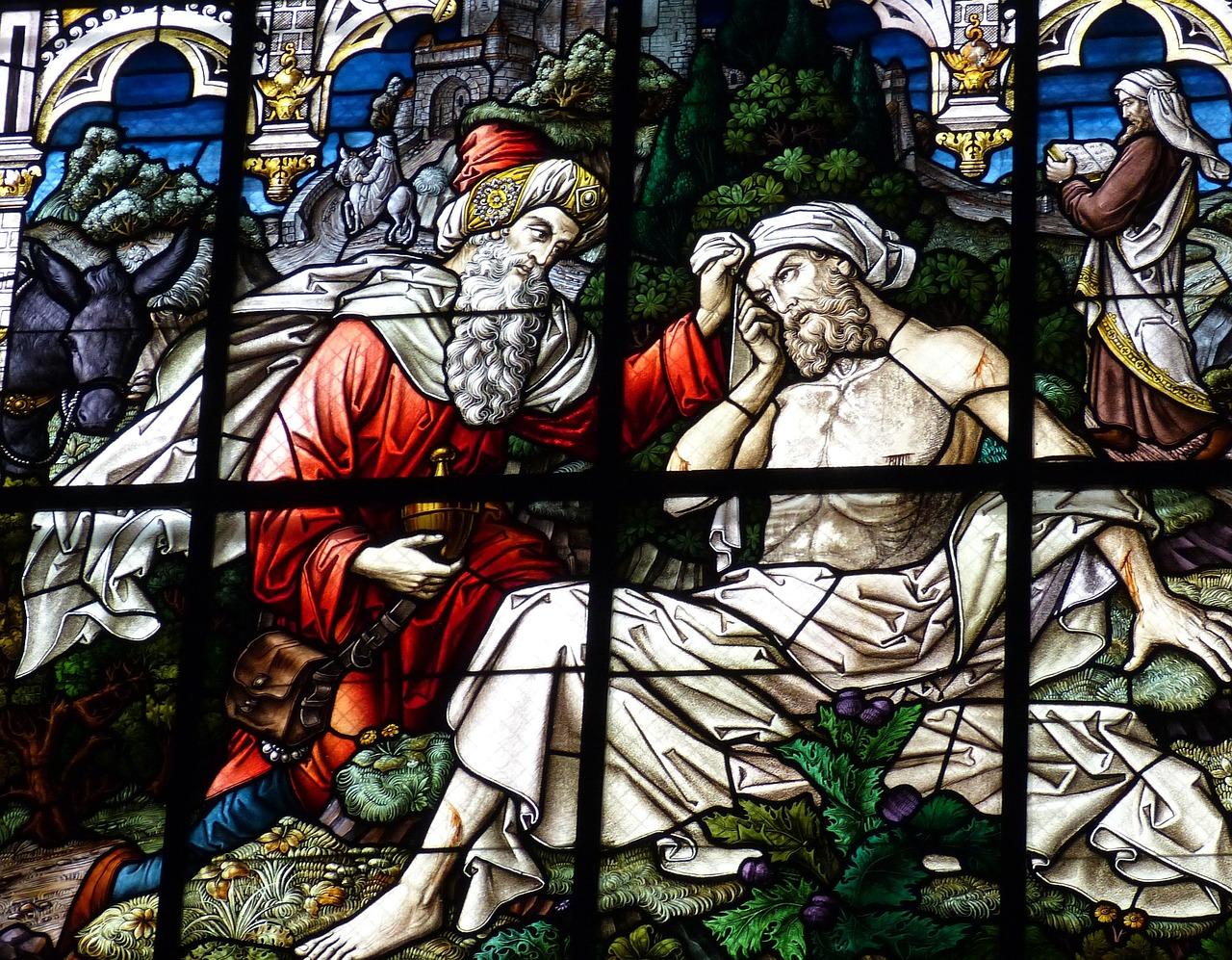Today, the Church concludes the Easter Octave, which is the series of eight chronological days that celebrate the Resurrection of Jesus Christ. One physical day is not enough for Easter. The Church needs eight physical days to fully celebrate the glorious Resurrection of Jesus Christ and his triumph over sin and death.
Today was once called the Second Sunday of Easter, or Low Sunday, but it was renamed “Mercy Sunday” by Pope Saint John Paul II. The new name fits, since we live a world that has forgotten the power and liberation of mercy. The new name is a summons and a challenge to all of us to be a people of mercy, compassion, and kindness.
Are we seeking to be a people of mercy in our own lives? Are our households centers and beacons of mercy?
During the fifty days of the full Easter season, the Church suspends her liturgical reading of the Old Testament during Sunday Masses. In lieu of the Old Testament, the second reading of the Mass is taken from the Acts of the Apostles. The Church gives us these readings from Acts as a reminder of what it means to live as disciples of the Lord Jesus.
Such biblical reminders emphasize the Christian call to mercy and selfless service.
Mercy is not an abstract reality. It is a difficult and dirty business. Mercy is not merely a judicial act. It requires us to roll up our sleeves and to put our faith in action. Mercy is about relationship. It’s about healing hurts so that we and others can be edified and flourish. Mercy leads to reconciliation. Mercy is about restoration and hope. Mercy is the way we receive the peace of God and share it with one another.
The sacred work of mercy is one of the visible attributes of the Church. It shows us the way of the Lord Jesus. It reveals to us what the Christian community should look like and what its mission is in the midst of a fallen and hurting world.
It is the way of the Lord Jesus that calls us to mercy and invites us to be humble, to serve the poor, reach out to the sick, protect the vulnerable, befriend the forgotten, and give generous mercy to all those who have hurt or harmed us or our loved ones.
The emphasis on the work of the Christian community flows from the life of the Lord Jesus and the initial community that he created with his apostles. It was this initial community that the Lord sought out after his Resurrection. They were dear to him, as we are dear to him today. And, in a similar fashion, he seeks us out and wishes to be with us.
After the Resurrection, however, the apostles were frightened and uncertain, confused and behind locked doors. The Lord passed through the doors, declared peace, showed them his wounds, breathed on them, and then sent them into the world to continue his mission until the end of time.
As Pope Francis teaches us: “Let us be renewed by the peace, forgiveness, and wounds of the merciful Jesus. Let us ask for the grace to become witnesses of mercy. Only in this way will our faith be alive and our lives unified. Only in this way will we proclaim the Gospel of God, which is the Gospel of mercy.”
Only within the context of the Risen Christ can the life and sacred activity of mercy be actively and faithfully lived by the Christian community. Mercy flows from the Resurrection.
It is the Risen Christ who generously bestows mercy and gives us the gift of peace. Once we have received these heavenly gifts, we are called to give the same gifts to others.
As Pope Francis remarked concerning the apostles: “The peace of Jesus made them pass from remorse to mission. The peace of Jesus that awakens mission, entails not ease and comfort, but the challenge to break out of ourselves.”
If we accept the yoke to be witnesses of mercy, then we can truly be salt, light, and leaven to our world today, since it is mercy that is most needed by fallen humanity. Through the grace of the Resurrection, it is the gift of mercy that Christians can uniquely offer to our fallen world. It is our way of life. It can be our distinctive gift.














